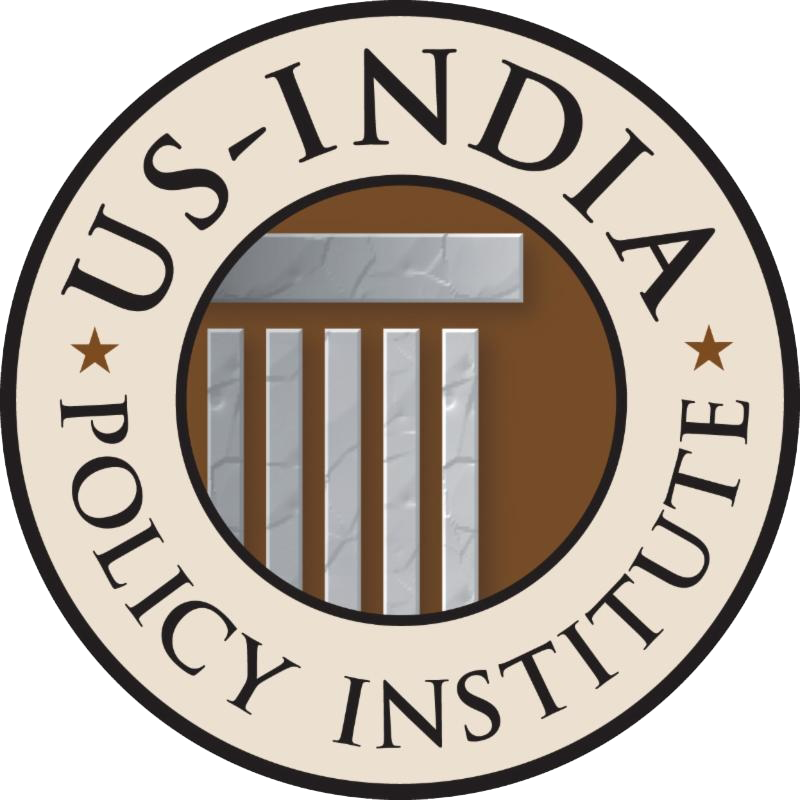Reservation must be Based on a Rigorous Identification of Economic Backwardness.
The EWS reservations could add a desirable dimension to India’s reservation scheme. But this would depend on whether the policy is implemented scrupulously in line with the fundamental constitutional precepts.
The introduction of the 124th constitutional amendment that provides the possibility of quotas for the “economically weaker sections” (EWS) has rekindled the debate on reservations. These quotas diverge from reservation policies for the Scheduled Castes, Scheduled Tribes, and other socially and educationally backward classes, by jettisoning caste or community identity as the basis of identifying beneficiary groups.
Parliament’s power to amend the Constitution is limited by the basic structure doctrine, according to which no law can violate the Constitution’s essential features. In order to meet the established constitutional parameters, the conceptualization and implementation of EWS reservations must satisfy the principle of equality and the constitutional mandate of social justice which are basic features of the Constitution.
Before the Supreme Court approved caste as the basis of defining “socially and educationally backward classes” or OBCs in 1992, caste reservations beyond SCs and STs had attracted controversy. In the Indra Sawhney case, the Court held that reservations were designed, among other things, to provide a share in power and representation to the classes, which were historically excluded from such avenues.
The key to the acceptance of a caste-based interpretation of the OBC category was the Court’s endorsement of the Mandal Commission’s argument that a low caste status represented a form of marginalization that was so entrenched and trans-generational that it could not be dismantled by either being blind to it or only through welfare measures. The Court’s observation that reservations are not poverty alleviation programs should be interpreted in this light. Reservations are particularly ineffective for distributing economic benefits but more meaningful in distributing opportunities, as a matter of representation, among the marginalized classes which do not have an adequate share in governance.
These conclusions led the Court to also hold that reservation policies must be based on empirically-sound and rigorously-applied criteria of backwardness. The implementation of the EWS category must thus involve a rigorous empirical process of identifying the criteria of economic backwardness. It cannot be just about relative poverty or poverty plain and simple but must indicate compelling forms of trans-generational poverty that demand measures beyond welfare policies. Only this conceptualization and procedure will be able to justify the requirements of equality and social justice.
The present models adopted by the Centre and state governments violate these standards. The government has not constituted any commission to conduct a rigorous empirical analysis and instead has chosen income and asset criteria by fiat. They also run into practical and conceptual problems.
Let us take the income criteria. Practically, the income criteria is unworkable owing to the difficulty in assessing personal incomes in India and the fact that only a fraction of the population pays income tax. In 2018, only 8.3 percent of the total labor force paid income tax, which in all likelihood were employed in the organized sector. The threshold of Rs 8 lakh per annum that is being touted as the income qualification may end up including everyone but the top few percentages of the Indian population. If 95 percent of India’s population technically fits into the category, the category has definitely not been defined in a meaningful fashion that can serve an affirmative action scheme.
The problem is not so much in the threshold of income but in determining EWS on a single axis like income or asset holding. This will be severely inadequate in identifying the sections that suffer from trans-generational economic disadvantages that place severe barriers to equal participation and opportunity. It is only for this latter class of citizens that the government can make a persuasive case for reservations above and beyond welfare measures as a matter of equality and social justice.
So, is it possible to create an index of economic indicators that adequately define EWS on these lines? The Mandal Commission’s recommendations were unprecedented in boiling down the complexity of social stratification in India into measurable indicators of social, educational, and economic backwardness. Defining EWS will also be a challenging exercise, but far from being impossible provided a commission is allowed to evolve appropriate criteria and methodologies.
Some possibilities are relatively easy to start with. Rakesh Basant, an Economist who was also a member of the Sachar Committee, has argued that parental education has a strong impact on higher education participation, much higher than even caste or community affiliation. Other economic criteria can supplement parental education status to prepare a composite index of EWS. These could include households headed by females, applicants who belong to rural areas, individuals or households located in notified slums, whose primary income source is manual labor, and who are migrants from poorer states like UP, Bihar or West Bengal. The index can also contain disqualifications for the creamy layer — ones that exclude households that own a specified portion of land or own living quarters of a specified size in cities and towns, an automobile, or have at least one family member with a group A or B job with the Central or state government.
The EWS reservations could add a desirable dimension to India’s reservation scheme. But this would depend on whether the policy is implemented scrupulously in line with the fundamental constitutional precepts.
This article first appeared in the print edition on May 18, 2019, under the title ‘It’s about Social Justice, not Welfare’. Shariff was Member Secretary, Sachar Committee and is with USIPI, Washington DC; Bhat is an Assistant Professor of Law and Executive Director, Centre for Public Interest Law, Jindal Global Law School.
Source: The Indian Express

